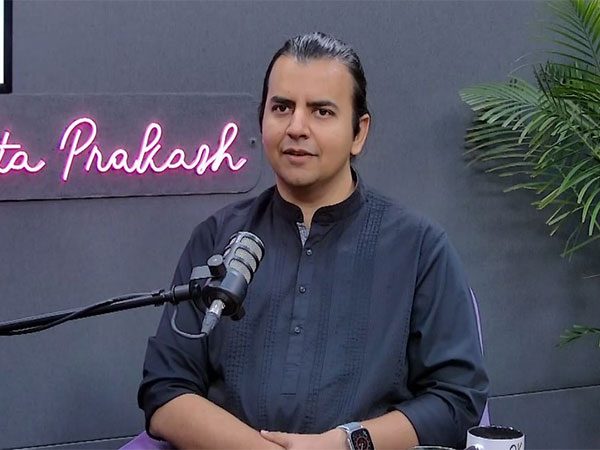India’s AI Aspirations: Bhavish Aggarwal’s Vision for a Homegrown AI Revolution
Krutrim founder Bhavish Aggarwal emphasizes the need for India to leverage AI to significantly boost its share in the global computing industry. By focusing on indigenous AI models and infrastructure, Aggarwal envisions India becoming a global AI powerhouse while preserving its unique cultural ethos.

- Country:
- India
India holds a mere two percent of the global computing industry, but according to Bhavish Aggarwal, founder of AI startup Krutrim and CEO of Ola, the nation should seize the opportunity presented by Artificial Intelligence (AI) to vastly elevate its standing. At an interview with ANI, Aggarwal criticized OpenAI CEO Sam Altman's skeptical remarks about India's capabilities in producing large-language models (LLM), labeling such views as 'genuinely wrong' and underscoring a 'white man burden' complex.
Krutrim, an AI startup founded by Aggarwal, has recently achieved unicorn status. Aggarwal detailed how Krutrim plans to build a complete tech stack, including AI models, cloud technology, and innovative chips. The aim, he disclosed, is to create a ChatGPT-like model within a year, emphasizing the strategic importance of having this infrastructure within India. According to him, this is crucial for the country's geo-strategic interests.
Aggarwal responded robustly to Altman's comments, viewing them as a challenge. He stressed that Indian companies need to rise to this challenge, developing capacities that can compete globally. He also emphasized leveraging Taiwan's ecosystem to augment India's AI capabilities. Aggarwal's vision is to construct an India-centric AI, trained on indigenous data to serve the country's unique cultural and economic needs. He urged collective strategic thinking among businessmen, media, politicians, and civil society to maximize the opportunities AI presents while mitigating job disruptions, particularly in white-collar jobs.
(With inputs from agencies.)










